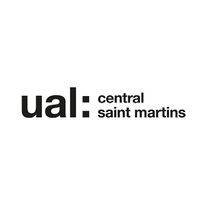Wayward London
Graduate project - Book Proposal Wayward London challenges the stereotypical format of traditional nature writing. The project is divided up into four collections, North, East, South and West. Each collection is interactive, including maps, photographs and walking routes similar to a walking guide, but they are also critically engaging, presenting ecocritical philosophy, environmental data and contextual discussions in a series of thought-provoking essays. The collections will be based on a series of walks undertaken with a photographer and a specially invited collaborator who will provide skills and insight into the specific topics explored on each journey. Each collection approaches London in a different way and all will ask you to embrace the weirdness of nature and consider how the natural world behaves compared to how you expect it to behave.

